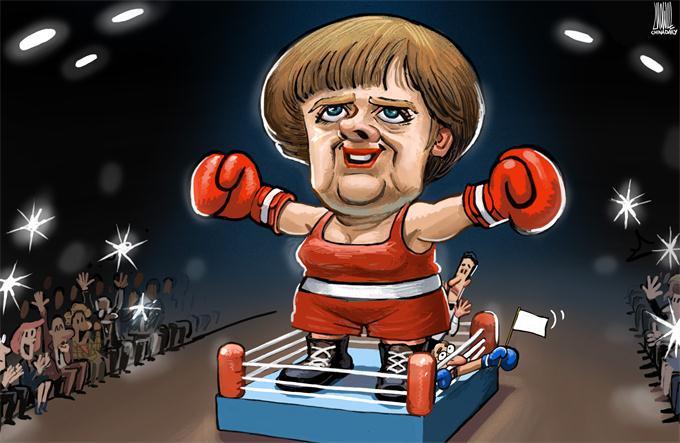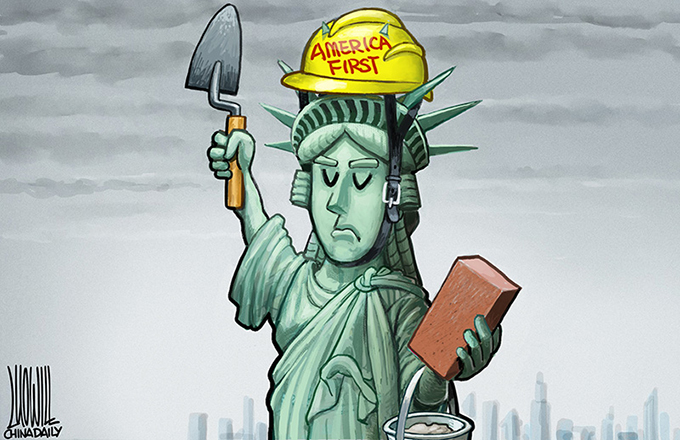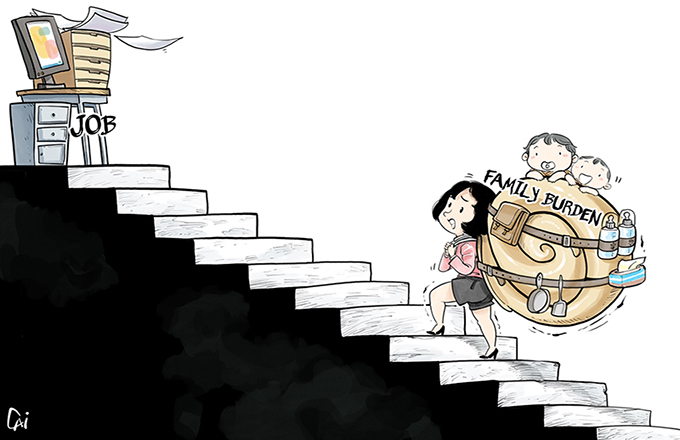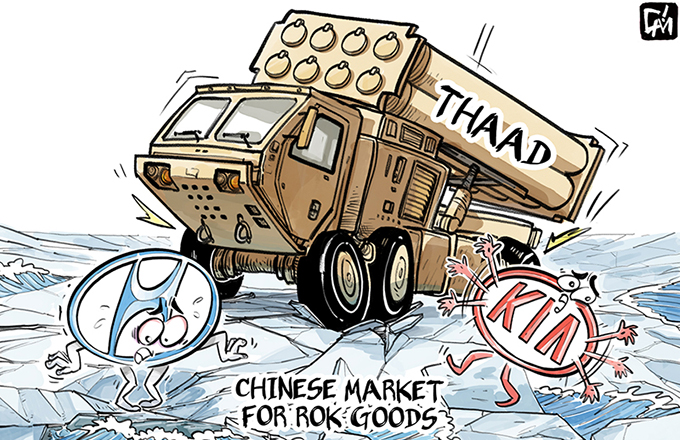EU's trade initiative could boomerang
Every year, the Paris-based OECD publishes its Foreign Direct Investment Regulatory Restrictiveness Index, which measures statutory barriers against foreign investment in over 60 countries and regions. Every year, the European Union comes out as the world's most open economy.
Is this going to change? In his State of the Union address last week, EU Commission President Jean-Claude Juncker seemed to herald a change in the EU's trade policy when he said "we are not naïve free traders" and "today we are proposing a new EU framework for investment screening. If a foreign, state-owned, company wants to purchase a European harbor, part of our energy infrastructure or a defense technology firm, this should only happen in transparency, with scrutiny and debate".
In parallel, the commission submitted a draft law to the EU legislators that would set up a framework for screening foreign direct investments into the EU.
This proposal nevertheless mainly repeats World Trade Organization language and merely confirms the right of the Member States to continue their national scrutiny procedures, subject only to a new transparency requirement, entailing the information of the European Commission and of the other Member States.
The commission however announces that it will carry out an in-depth analysis of foreign direct investment flows into the EU, focusing on strategic sectors (such as energy, space, and transport) and assets (key technologies, critical infrastructure, sensitive data) by the end of 2018.
In its reflection paper on Harnessing Globalisation, released on May 10, the commission questioned the capacity of the current regulatory framework to address concerns about foreign investors' strategic acquisitions of European companies with key technologies. One can therefore expect that by the end of 2018, the commission will propose new procedures to scrutinize foreign direct investment.
That being said, there is currently no qualified majority in the Council of the European Union (one of the co-legislators) for introducing new restrictions on foreign direct investments.
However, in 2019 everything will change. With the departure of the United Kingdom, a staunch defender of free trade, the balance of power in the European Council will shift to the benefit of France which is pushing for more trade defenses.
For this reason, EU companies, and in particular capital-thirsty startups in strategic industries, could suffer because, until the final EU framework is known in early 2019, the uncertainty will constitute a disincentive for potential foreign investors to consider them as potential partners. While investors will factor in known regulatory restrictions into their business plans and decision-making, balancing costs and opportunities; the one thing they dislike is uncertainty. As a consequence, the risk is real that the commission's initiative will make it more difficult for EU companies operating in strategic sectors to attract foreign funding. Thus, the EU's trade initiative could boomerang and harm itself.
Although the commission does not mention a specific country, it is understood that the screening of FDI it proposed is mainly aimed at Chinese State-owned companies or Chinese companies which benefit from significant State subsidies. So the Chinese government itself may also see the initiative as an unfriendly move and an expression of distrust in its policies. If, in 2019, the commission comes up with specific proposals following its investigation, the Chinese authorities could adopt retaliation measures, targeting European investments in China.
Is the risk worth taking? Would the commission not do better by focusing on finalizing of the China-EU Investment Agreement?
The proposed trade initiative is playing with fire. It is an intellectual game, because, one cannot presume that a company jointly controlled by a foreign government would necessarily seek to interfere with the EU's policies.
For the time being, no new trade instruments are proposed, but nonetheless the initiative risks backfiring and harming EU companies during the period of uncertainty until the commission's inquiry reaches its conclusions and it announces its eventual proposals for follow up measures. Even then, it is doubtful that FDI screening is capable of delivering the political objectives the EU desires in terms of security in key industries, and it will harm EU-China relations.
The author is president of ChinaEU.

























